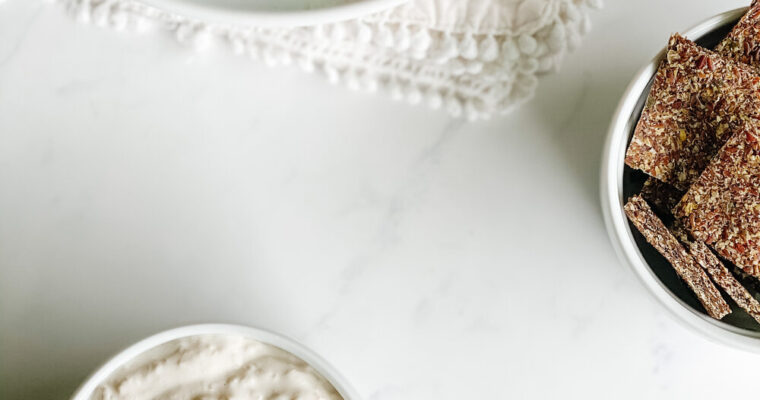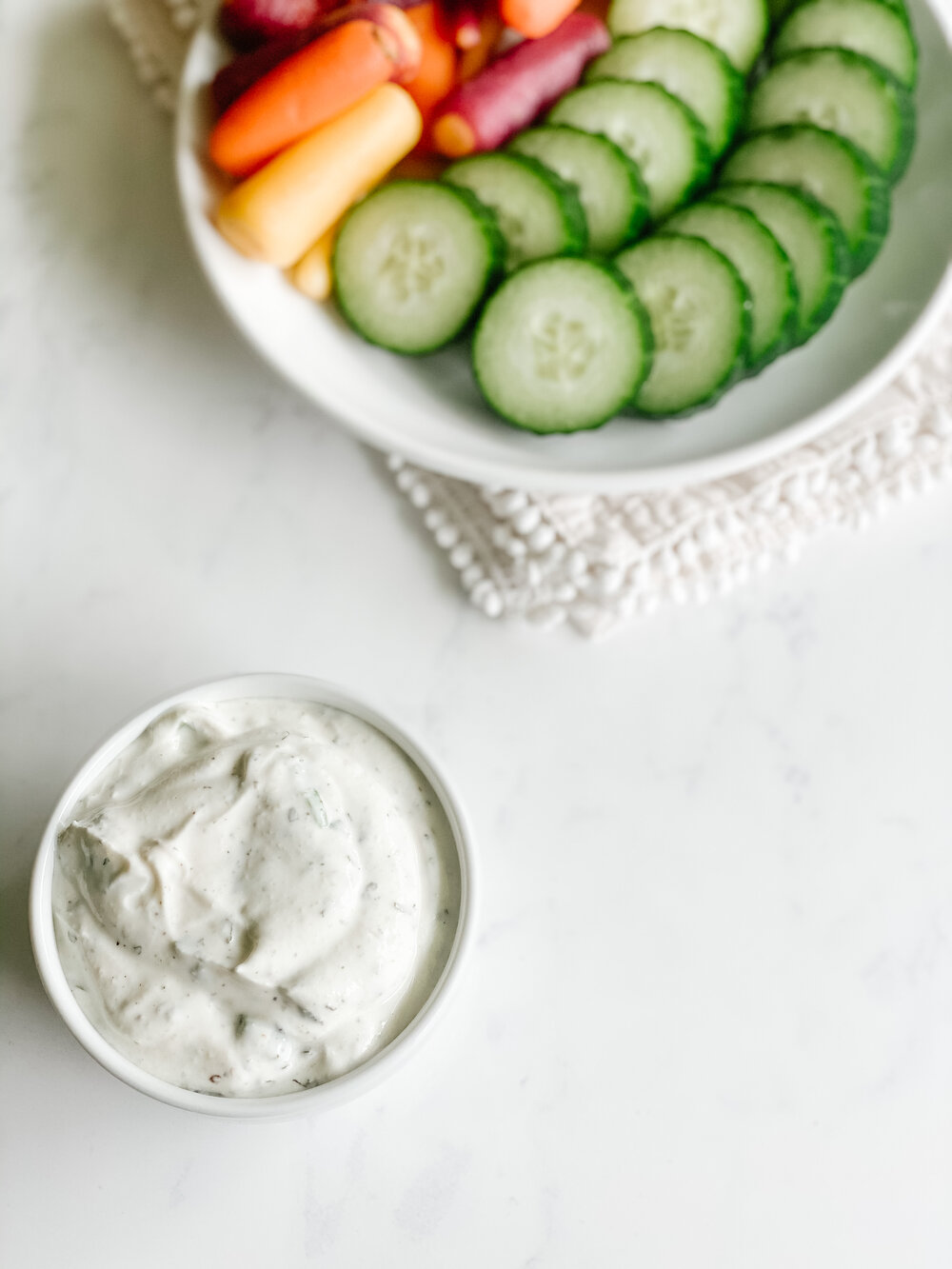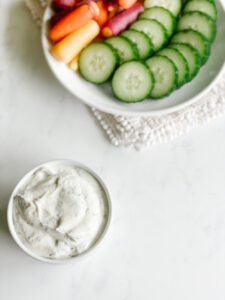Single Serve Sangria [Low Sugar]
Honestly, it is pretty mind blowing to me that I have NEVER shared a cocktail recipe here on my website. I love a good cocktail and wine is one of my true loves, so naturally a wine based cocktail like sangria is a favourite. The…
![Single Serve Sangria [Low Sugar]](https://www.abbeyverigin.com/wp-content/uploads/2020/06/IMG_5169-760x400.jpg)



![Crockpot White Chicken Chili [Gluten Free + Dairy Free]](https://www.abbeyverigin.com/wp-content/uploads/2020/06/IMG_5097-760x400.jpg)
![Creamy Cauliflower Soup [Gluten Free + Dairy Free]](https://www.abbeyverigin.com/wp-content/uploads/2019/12/IMG_1508-760x400.jpeg)
![Butternut Squash & Spinach Quinoa Casserole [Gluten Free + Dairy Free Option]](https://www.abbeyverigin.com/wp-content/uploads/2019/12/IMG_1480.jpg)

![Classic Sugar Cookies Healthified [Gluten Free + Dairy Free + Refined Sugar Free]](https://www.abbeyverigin.com/wp-content/uploads/2019/12/IMG_1396-760x400.jpg)
![Crockpot Creamy Chicken + Veggie Soup [Gluten Free + Dairy Free Option]](https://www.abbeyverigin.com/wp-content/uploads/2019/10/37660977-afe5-4459-995e-19f943562bcb-760x400.jpg)
![Zucchini Oat Flour Muffins [Gluten Free + Dairy Free]](https://www.abbeyverigin.com/wp-content/uploads/2019/09/IMG_2286.jpg)

